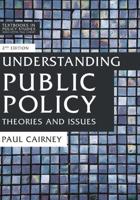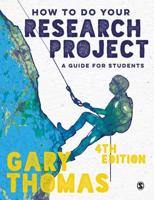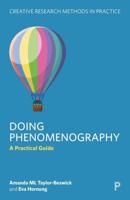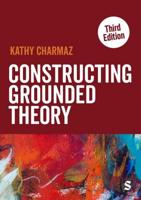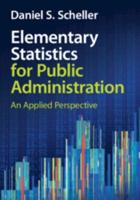Publisher's Synopsis
This Handbook provides a clear overview of how to achieve meaningful public participation in impact assessment (IA). It explores conceptual elements, including the democratic core of public participation in IA, as well as practical challenges, such as data sharing, with diverse perspectives from 39 leading academics and practitioners.
Critically examining how different engagement frameworks have evolved over time, this Handbook underlines the ways in which tokenistic approaches and wider planning and approvals structures challenge the implementation of meaningful public participation. Contributing authors discuss the impact of international agreements, legislation and regulatory regimes, and review commonly used professional association frameworks such as the International Association for Public Participation core values for practice. They demonstrate through case studies what meaningful public participation looks like in diverse regional contexts, addressing the intentions of being purposeful, inclusive, transformative and proactive. By emphasising the strength of community engagement, the Handbook argues that public participation in IA can contribute to enhanced democracy and sustainability for all.
This visionary Handbook is an indispensable resource for IA public participation practitioners, including industry, consultants, government and non-government organisations as well as participants to IA processes. It will similarly be beneficial to IA researchers, academics, and managers in regulation, public administration and management.

